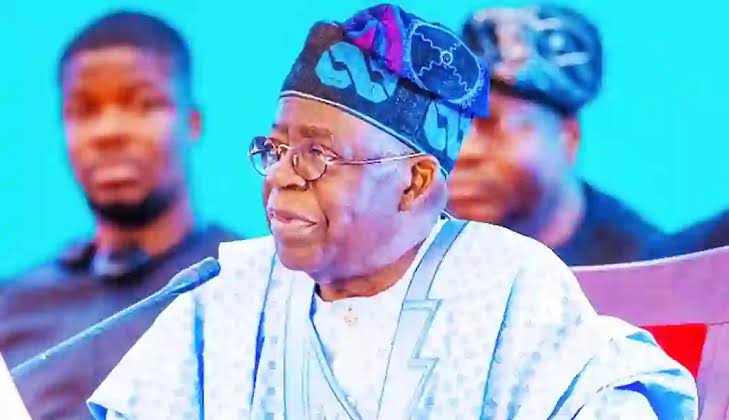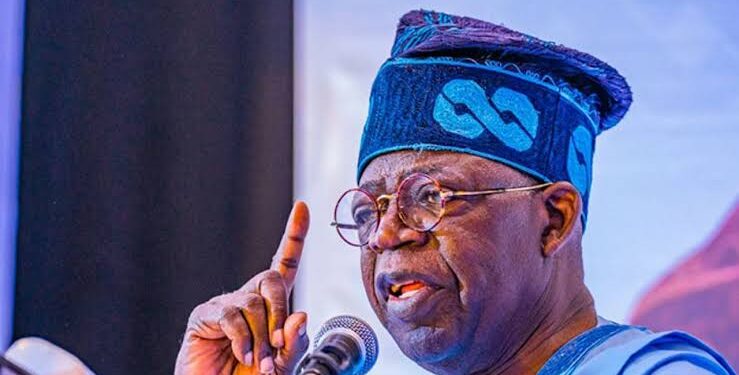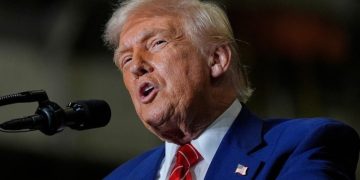Concerns have been raised by the Ijaw National Congress about President Bola Tinubu’s Sunday national broadcast, claiming that he did not mention the demands of the protestors who are still holding protests across Nigeria.
President Tinubu addressed the nation during a webcast on Sunday, August 4, in the midst of protests that started on August 1 and have resulted in bloodshed in several areas.
A number of significant reforms have been demanded by protestors, including lower petrol costs, higher living standards, lower government expenses, lower power rates, and ways to address the growing level of insecurity.

Ezonebi Oyakemeagba, the INC’s national publicity secretary, signed a statement criticising the president’s speech for failing to sufficiently address these urgent problems.
What they’re saying
The statement said,
“The president’s speech did not address the demands of Nigerians as expressed by the protesters.”
“He didn’t address the issues of cost of governance, corruption, the removal of subsidies on petroleum products, or the increase in electricity tariffs.
” Nigerians anticipated specific announcements about the nature of these problems, along with a timeline for resolution.
“The larger population of Nigerians is going through extreme poverty and hunger,” emphasising that the current economic situation is among the worst in the country’s history.
“The protesters’ unambiguous message is that there is hunger in the country as a direct result of poor policy.
“Reducing the price of petroleum products at the pump could help to relieve many of the issues we face.”
“Imagine several state administrations sharing rice and garri with citizens. This can only happen during war or catastrophic calamities.”
In Essence
Lack of Addressing Key Demands
The INC’s criticism shows a significant gap between the government’s communication and the expectations of the protesters.
The absence of specific solutions to critical issues such as the high cost of living, electricity tariffs, and petrol prices suggests that the government may not be fully in tune with the immediate needs of its citizens.
For a dialogue to be effective, the government must show a genuine commitment to listening to and acting on the concerns of its citizens.
This involves clear communication, transparency, and concrete actions that show responsiveness to public demands

















